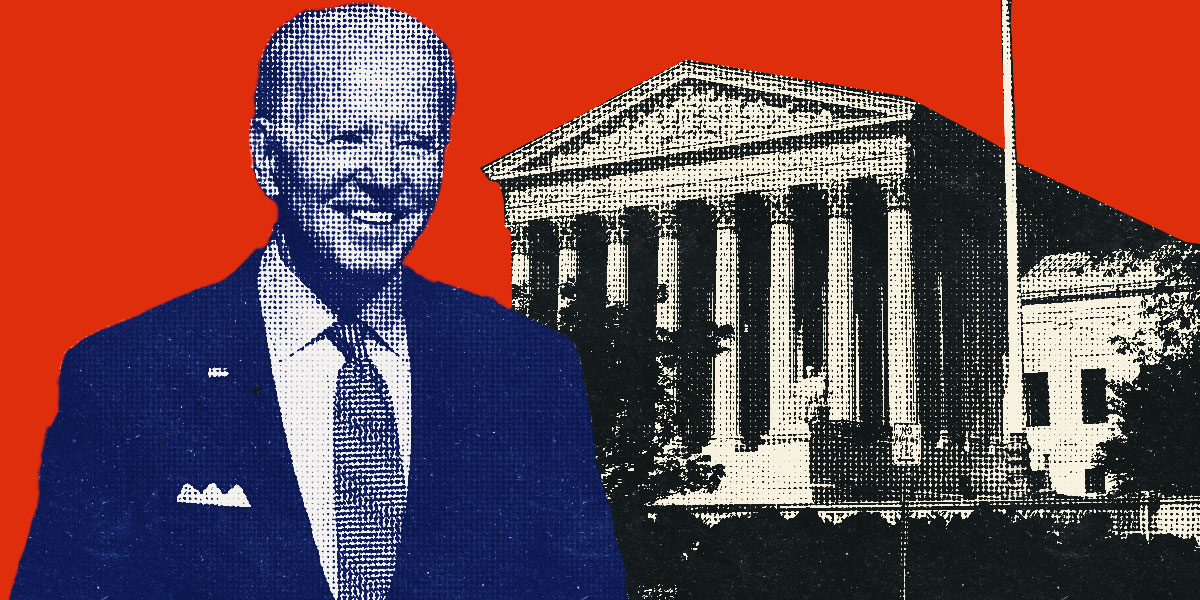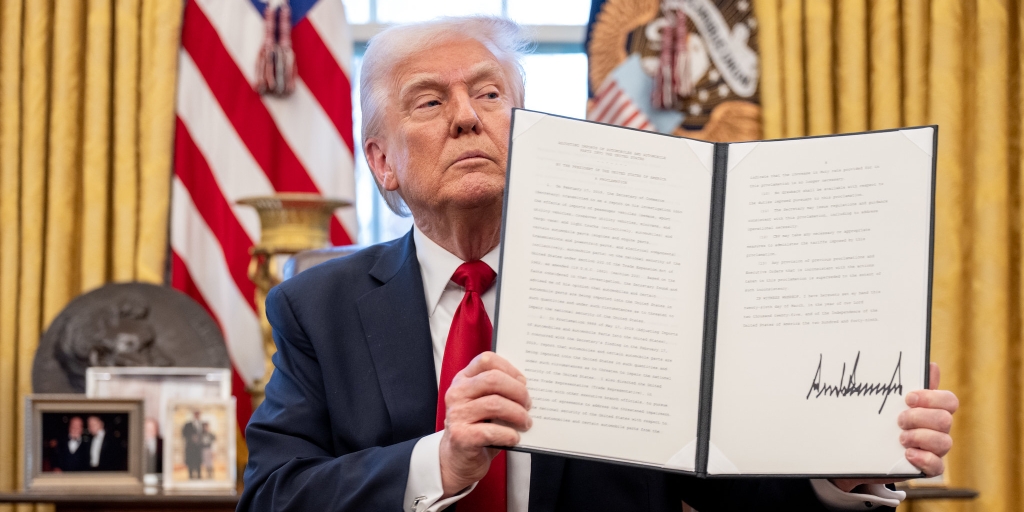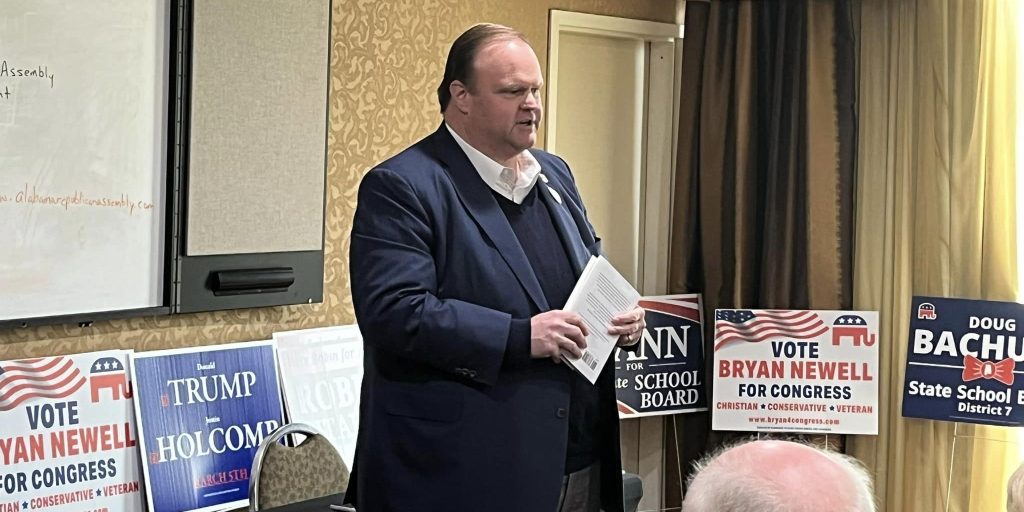President Joe Biden’s recent proposal to impose term limits on Supreme Court justices is a calculated assault on the judiciary’s independence. Presented as a way to restore trust in the courts, it is a transparent effort to undermine the judiciary’s ability to function as an impartial arbiter of the law.
Our Founding Fathers, aware of the dangers of concentrated power, designed a system where the judiciary, particularly the Supreme Court, operates independently of political pressures. Federalist No. 78 argues for the permanent tenure of judicial offices, emphasizing that nothing contributes more to an independent judiciary than lifetime appointments. As Sandra Day O’Conner wisely noted, “The framers of the Constitution were so clear in the Federalist Papers and elsewhere that they felt an independent judiciary was critical to the succes of the nation.” This independence is crucial for justices to make decisions based on the law and the Constitution, not on fleeting political whims.
Imposing term limits on Supreme Court justices would have several detrimental effects. First, lifetime tenure protects justices from political pressures. Term limits would make them susceptible to the changing tides of political opinion. Second, the judiciary needs stability to ensure consistent legal interpretation. Regular turnover could lead to abrupt shifts in legal doctrine, creating unpredictability in our legal system. Third, predictable vacancies would turn each nomination into a high-stakes political battle, further polarizing the nation. Finally, the judiciary’s role is distinct from that of Congress. While legislators are meant to be responsive to the electorate, judges must interpret the law impartially.
President Biden’s recent criticism of the Supreme Court’s ruling on presidential immunity is a case in point. The Court’s decision, which grants broad immunity to presidents for actions taken while in office, is a balanced interpretation of constitutional principles. The ruling does not grant blanket immunity; it distinguishes between official acts, which are protected, and unofficial acts, which are not.
Our Constitution already provides extensive checks on the executive branch. Congress holds significant power through the mechanisms of impeachment and appropriations. Impeachment serves as a critical tool for holding presidents accountable for misconduct, while control over appropriations ensures that the executive branch remains subject to legislative oversight. In addition, we have established term limits on the President to further limit the power of the executive branch. These mechanisms are robust and have been effectively used throughout our nation’s history to maintain the balance of power.
History teaches us the importance of judicial independence. In the 17th century, English judges served at the monarch’s pleasure, leading to a compromised judiciary. The subsequent reforms, granting life tenure to judges, were pivotal in establishing an independent judiciary. Our framers, drawing from this history, enshrined lifetime appointments in the Constitution to shield the judiciary from political influence.
The case of Justice Samuel Chase in 1804 exemplifies this principle. His impeachment by the House of Representatives stemmed from political disagreements, but his acquittal by the Senate set a crucial precedent: justices should not be impeached for political reasons. This underscores the necessity of maintaining judicial independence and avoiding politicization.
The American people have long supported term limits for members of Congress as a means to combat careerism and corruption. Career politicians, much like worn-out engine parts, lose efficiency and effectiveness over time. Term limits for Congress would inject fresh energy and perspectives into the legislative process. In stark contrast, term limits on the Supreme Court would erode the judiciary’s independence. The executive and legislative branches are inherently political, driven by elections. The judiciary, however, must remain above the fray, focusing on the law and the Constitution.
President Biden’s proposal for Supreme Court term limits is a misguided distraction from the real issue: the need for congressional term limits. This proposal is a cynical attempt to undermine the judiciary’s independence, driven by political motives rather than genuine reform. The recent calls for Supreme Court term limits stem from dissatisfaction with certain rulings, notably the overturning of Roe v. Wade. This politicization is evident in unprecedented actions, such as the leak of a draft opinion and the harassment of justices, actions that undermine judicial deliberation and independence.
Imposing term limits on Supreme Court justices is a flawed and dangerous idea. It compromises the independence, consistency, and impartiality that are the hallmarks of our judiciary. Instead of pursuing this perilous path, we should focus on implementing term limits for Congress, where such reforms can invigorate our democratic processes without undermining the separations of power that protect our liberties.
As I discuss in my book, Unshackling Democracy: Embracing Term Limits, Empowering Citizens, “the judiciary must remain free from the vicissitudes of partisan politics to function effectively.” Our judicial system must remain finely tuned and free from political tampering.
President Biden’s proposal is not a step toward genuine reform but a step toward eroding the very foundations of our strong Republic. The independence of our judiciary is a cornerstone of our democracy, and any attempt to undermine it must be vigorously opposed. We must keep our judicial system running smoothly, ensuring it continues to serve as a check against overreach by the other branches and protecting the liberties we hold dear. For those interested in a deeper exploration of these issues, I discuss them further in my book, “Unshackling Democracy.”
In Alabama, where values of independence and integrity are held dear, we must recognize this proposal for what it truly is: A politically motivated attempt to weaken one of the last bastions of impartiality in our government. Let’s stand firm against this misguided overhaul and protect the judiciary’s critical role in preserving our Republic.
Gerrick Wilkins is an automotive consultant, former congressional candidate, and author of Unshackling Democracy: Embracing Term Limits, Empowering Citizens. Gerrick can be reached with comments at [email protected] or learn more about his book at www.unshacklingdemocracy.com.













